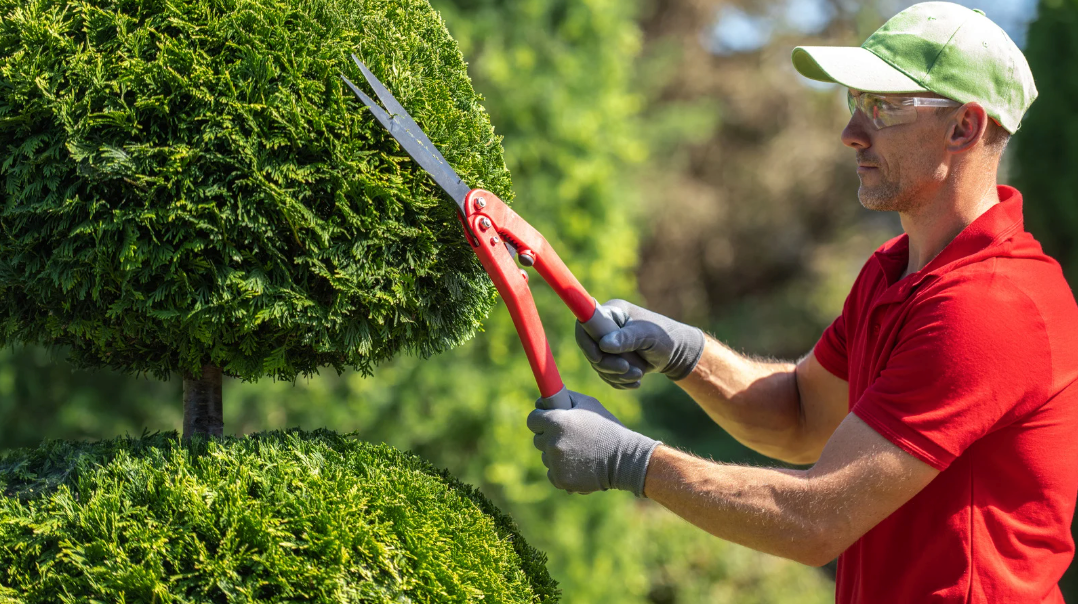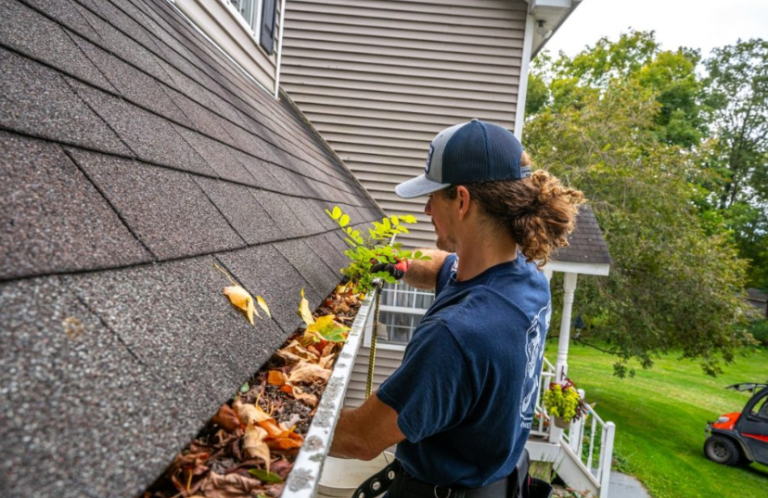How Tree Trimming by a Professional Arborist in Canton Can Reduce Seasonal Allergies
Seasonal allergies affect millions each year, often triggered by pollen, mold spores, or decaying plant matter. While many homeowners focus on interior cleaning and air filters, few realize that their landscape plays a significant role in allergy control. Scheduling regular services with an experienced arborist in Canton, GA, can directly reduce allergen levels around your home by targeting the source, your trees. Proper trimming and maintenance remove pollen-heavy branches, mold-prone debris, and excessive growth that traps allergens in your yard.
The Link Between Trees and Allergies
Trees release pollen in the spring and fall, contributing significantly to seasonal allergies. Some tree species produce more airborne pollen than others, and overgrown or unmanaged canopies trap moisture, increasing the risk of mold development. This creates the perfect environment for allergy flare-ups.
Unchecked growth also results in fallen leaves, twigs, and seed pods that collect around the yard, contributing to airborne irritants. Professional trimming reduces the volume of these materials and promotes cleaner airflow throughout your property.
See also: How Arcadia Home Care Provides Specialized Dementia Home Care for Families in Need
Strategic Trimming for Allergen Reduction
Certified arborists understand how to prune trees to minimize allergen production without compromising their health. By removing male pollen-producing flowers or thinning overly dense branches, they improve air circulation and reduce the spread of irritants.
Knowing how to select the right arborist and the qualities they should possess helps ensure that you’re working with someone who understands how trimming techniques affect both tree health and allergen control. This expertise is key to achieving a balance between functional landscaping and seasonal relief.
Benefits of Timed Trimming Schedules
When it comes to allergies, timing is everything. Strategic pruning done before peak pollen season significantly reduces the volume of allergens released into the air. Arborists may recommend trimming in late winter or early spring, depending on your tree types and local climate.
Consistent seasonal maintenance keeps growth in check and prevents the buildup of deadwood or mold-friendly materials that can aggravate allergy symptoms later in the year.
How Professional Arborists Preserve Tree Health While Supporting Wellness
Allergy prevention is only effective if tree health is maintained. Over-pruning or improper cuts can lead to disease, instability, and long-term decline. A trained professional ensures your trees remain strong, structurally sound, and attractive.
Understanding the role of professional arborists in tree preservation and maintenance offers insight into their holistic approach. Their goal isn’t just to reduce allergens but to support safe, healthy trees that benefit your entire environment.
Conclusion
For homeowners looking to reduce seasonal allergies, tree care is an often-overlooked but highly effective strategy. Regular maintenance from a certified arborist helps control pollen production, limits mold growth, and keeps your landscape safe and healthy. By addressing the source of allergens through targeted trimming and expert care, you can create a cleaner, more comfortable outdoor space that supports your well-being year-round. In addition to reducing irritants, professional tree care enhances curb appeal and promotes long-term tree vitality. It’s a smart investment that benefits both your health and your property.






